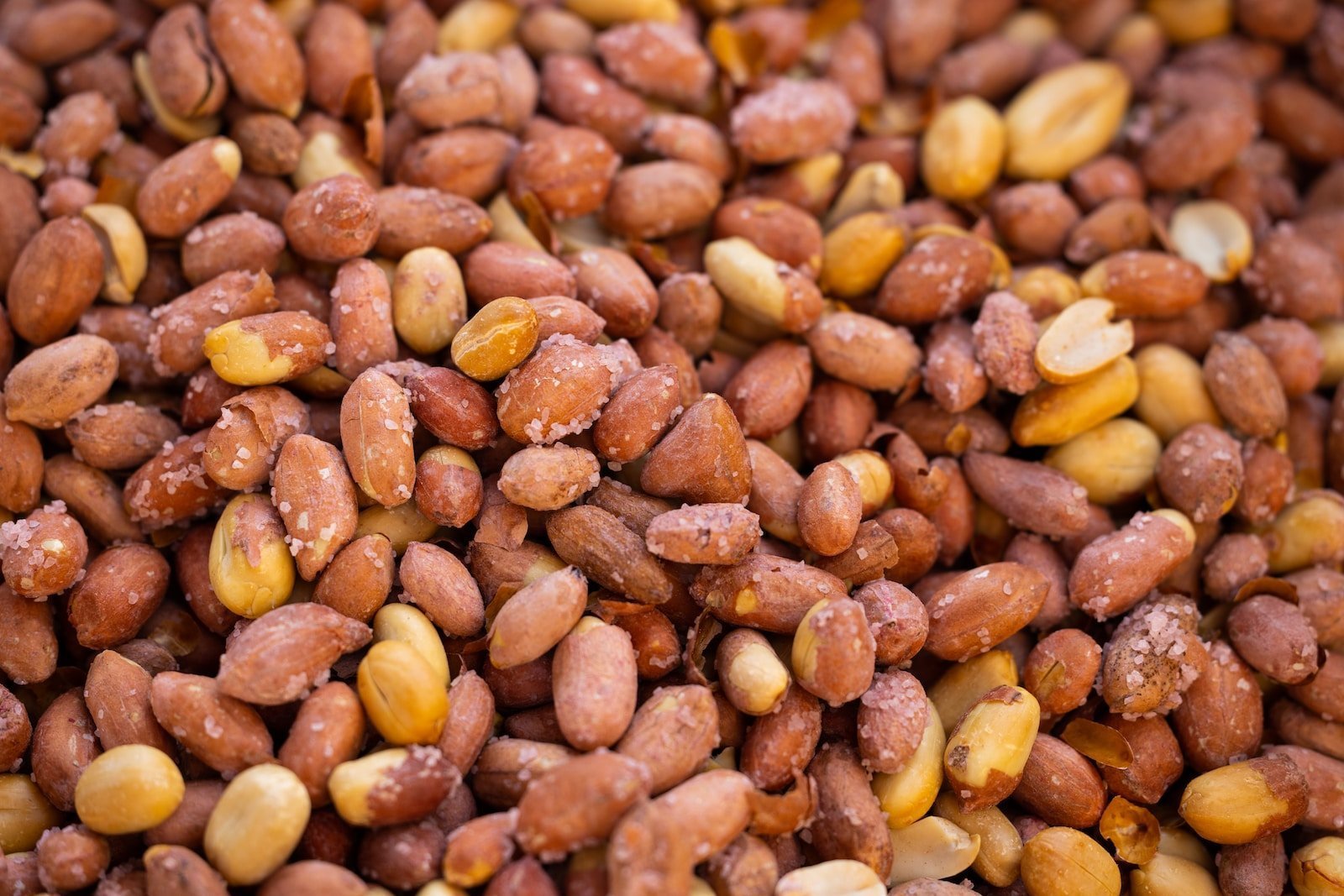The salted peanut It is one of the most beloved nuts, with a crunchy texture and full of flavor.
It is mainly grown in warm climates and is high in vegetable proteins and "good" fats.
It is usually consumed as a snack, either alone or as an accompaniment to beer or soft drink.
Thanks to its natural content of magnesium, potassium and vitamin E, peanuts contribute to the proper functioning of the nervous system and heart health.
Benefits & Properties
- Rich in proteins – ideal for athletes and vegetarians
- High content of good fats (monounsaturated)
- They contain magnesium, which helps in the proper functioning of muscles and the heart
- They contribute to glucose regulation in the blood (in moderation)
⚠️ Although nutritious, consumption should be done in moderation, especially in people with high uric acid or diabetes.
Frequent questions
Is the peanut a nut or a legume?
It belongs to the legume family, although it is widely considered a nut.
Does it contain gluten?
No, it is naturally gluten-free.
Is it related to increased uric acid?
Overconsumption can negatively affect people with uric acid. Consumption in moderation is recommended.
Can I eat it if I have cholesterol?
Yes, monounsaturated fats help control bad cholesterol – always within the context of a balanced diet.
What is the difference from peanuts in shell?
Shelled ones require peeling, while salted ones are ready to eat.










Reviews
There are no reviews yet.